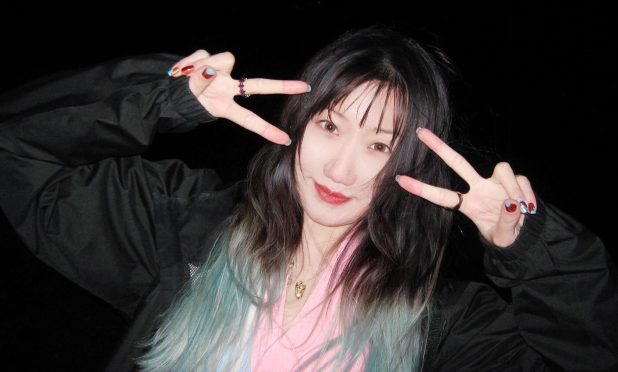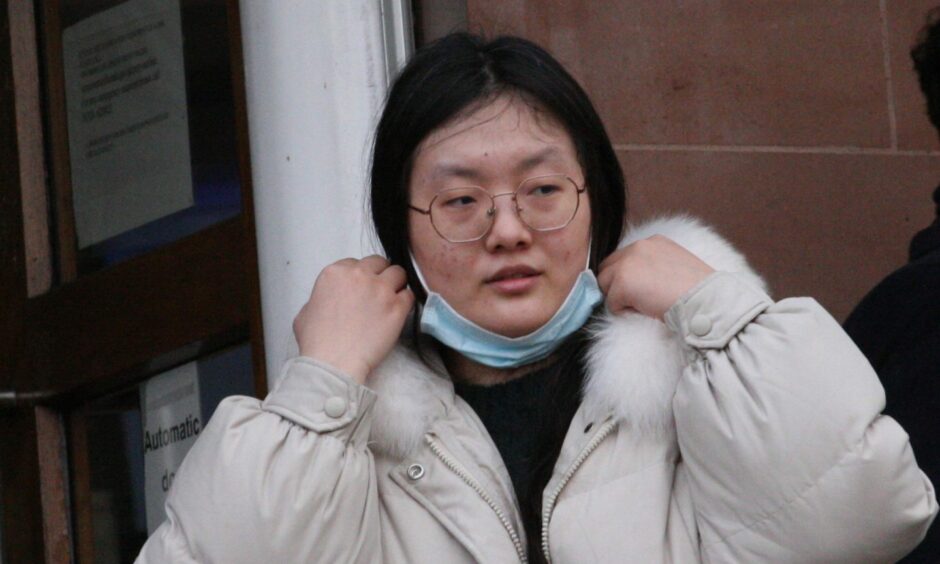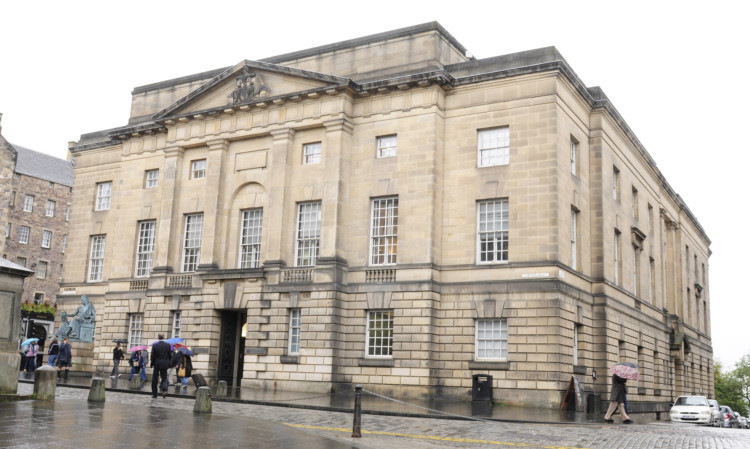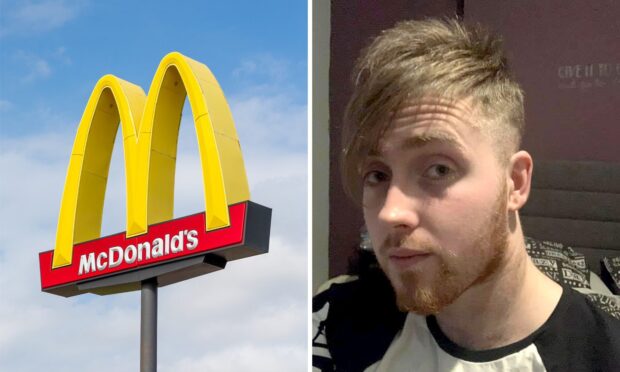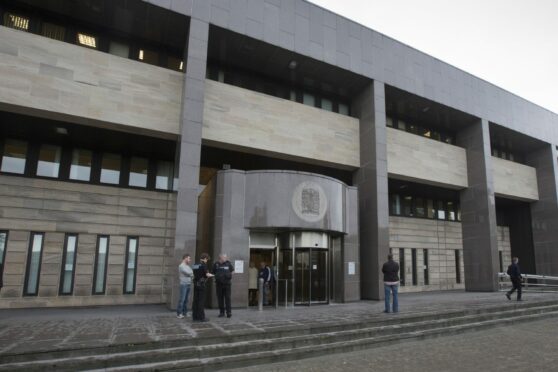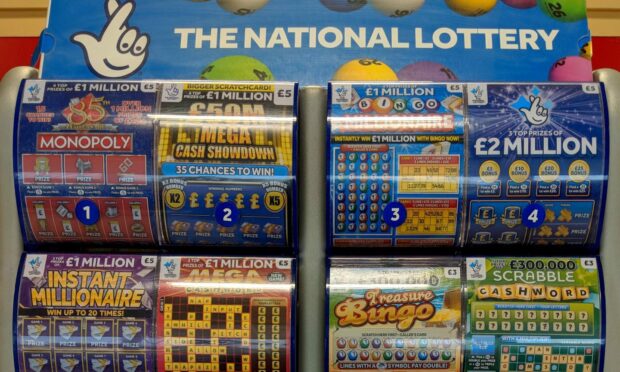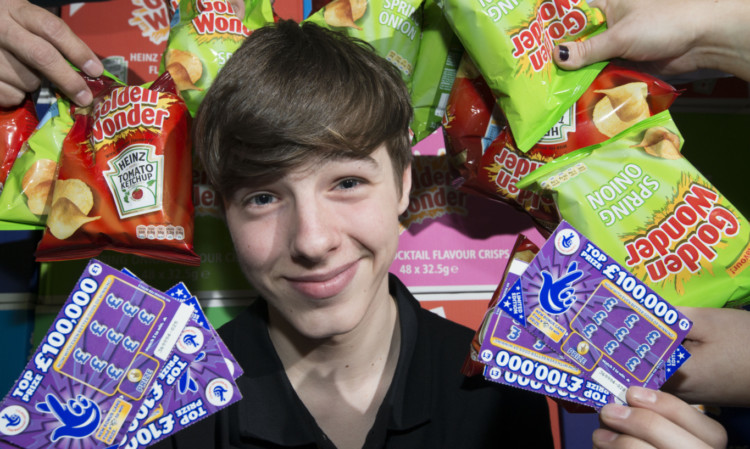A Stirling University student investigated over a series of suspicious bank transactions has lost a human rights appeal after being convicted of money laundering.
Chinese national Baijun Liu travelled to Scotland to study publishing.
In 2021, it was announced with much fanfare she had become the 100,000th person to graduate from the city university.
But around the same time, she was being closely monitored by undercover police as part of an investigation code-named Operation Skipper.
Liu, 31, was found guilty of money laundering following a trial at Stirling Sheriff Court.
The court heard she could not vouch for a series of transactions credited to her bank account, amounting to £16,850.
Liu appealed against her conviction, claiming a breach of her human rights.
But her bid was rejected by the Sheriff Appeal Court, which ruled that her lack of explanation for the money inferred the cash “was acquired as a result of criminal conduct.”
Under surveillance
The court heard how covert officers observed two Asian women carrying brown paper bags enter a vehicle which was under surveillance on April 6 2021.
They were driven into Stirling city centre where they walked into a post office and handed over cash at the travel money section.
Although neither woman was identified by the investigators, it was confirmed on that day £6,000 had been deposited into Liu’s bank account.
The court heard Liu, who moved to the UK from the Liaoing Province in February 2021, could only work 20 hours per week during term time as part of her visa conditions.
She did not recourse to public funds and did not receive benefits from the Department for Work and Pensions, nor money from her family.
Between February 25 and April 23 that year, a total of £16,850 was credited to Liu’s Starling Bank account by cash deposits.
The trial was told £12,309 was transferred out – including £8,200 to an overseas account in Liu’s name, and £2,001 to two separate accounts in the name of Xiaotong Huang.
Huang was jailed for 18 months in 2023 after she was caught laundering money for a Chinese crime lord, based in Glasgow, who went by the name of Mr Big.
He was later caught in Dundee but absconded.
Appeal bid rejected
Lawyers for Liu argued there was insufficient evidence against their client but the sheriff had been wrong to conclude there was no innocent explanation for the £16,850 cash deposits.
This conclusion, they said, had “compromised the presumption of innocence” and their client’s “right to silence”.
The defence team said it had breached her right to a fair trial in terms of the European Convention of Human Rights.
The case was brought before three appeal court sheriffs for determination.
In his findings, Sheriff Principal Sean Murphy KC wrote there was “simply no innocent explanation apparent in the evidence” for the cash deposits.
“The (trial) sheriff had limited information about the appellant’s circumstances.
“Accordingly, there was no basis on which he might infer, for example, that she was receiving funds from her family.
“That would have amounted to speculation on his part.”
He added: “An innocent explanation might have rebutted, or at least cast doubt on the drawing of the adverse inferences which formed the basis of the crown case.”
The source of the cash was never traced, nor were the destinations of some of the transfers.
Liu, who was sentenced in December, was ordered to carry out 200 hours unpaid work.
For more local court content visit our page or join us on Facebook.
